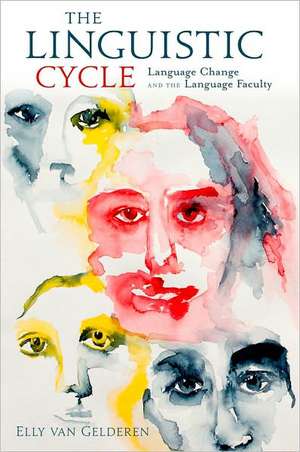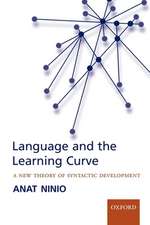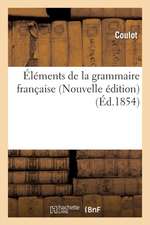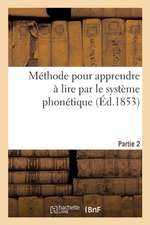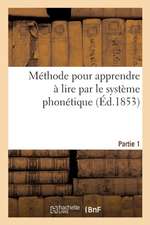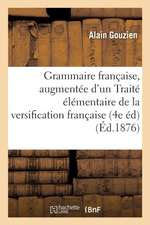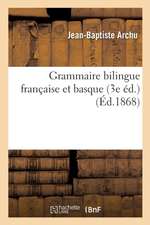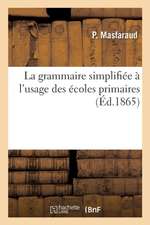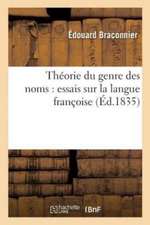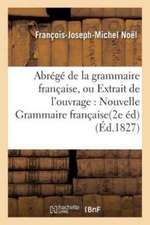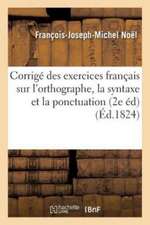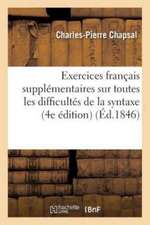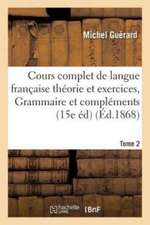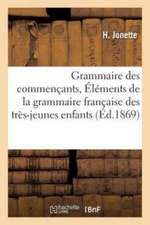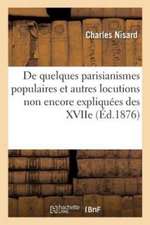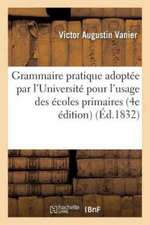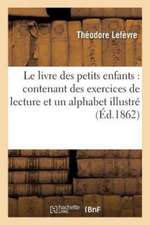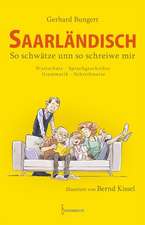The Linguistic Cycle: Language Change and the Language Faculty
Autor Elly van Gelderenen Limba Engleză Hardback – 26 mai 2011
| Toate formatele și edițiile | Preț | Express |
|---|---|---|
| Paperback (2) | 311.41 lei 3-5 săpt. | +22.67 lei 5-11 zile |
| Taylor & Francis – 31 iul 2023 | 311.41 lei 3-5 săpt. | +22.67 lei 5-11 zile |
| Oxford University Press – 26 mai 2011 | 397.17 lei 31-37 zile | |
| Hardback (2) | 429.53 lei 31-37 zile | |
| Oxford University Press – 26 mai 2011 | 429.53 lei 31-37 zile | |
| Taylor & Francis – 31 iul 2023 | 1000.27 lei 6-8 săpt. |
Preț: 429.53 lei
Preț vechi: 585.67 lei
-27% Nou
Puncte Express: 644
Preț estimativ în valută:
82.20€ • 85.50$ • 67.86£
82.20€ • 85.50$ • 67.86£
Carte tipărită la comandă
Livrare economică 03-09 aprilie
Preluare comenzi: 021 569.72.76
Specificații
ISBN-13: 9780199756056
ISBN-10: 0199756058
Pagini: 464
Ilustrații: 36 illustrations
Dimensiuni: 239 x 163 x 36 mm
Greutate: 0.73 kg
Editura: Oxford University Press
Colecția OUP USA
Locul publicării:New York, United States
ISBN-10: 0199756058
Pagini: 464
Ilustrații: 36 illustrations
Dimensiuni: 239 x 163 x 36 mm
Greutate: 0.73 kg
Editura: Oxford University Press
Colecția OUP USA
Locul publicării:New York, United States
Notă biografică
Elly van Gelderen is Regents' Professor in the Department of English at Arizona State University.
Cuprins
Preface
List of Tables
List of Figures
Abbreviations
1 Introduction
1 What is the linguistic cycle?
2 What kinds of cycles exist?
3 How and why to study cyclical change
3.1 The practical side
3.2 The theoretical side
4 Major questions in the study of cycles
5 Terminology
6 Conclusion and outline
Suggestions for further reading
Review questions and exercises
2 History
1 The late eighteenth and early nineteenth centuries
2 The late nineteenth and early twentieth centuries
3 The mid and late twentieth century
4 Recent generative work
5 Recent functionalist work
6 Conclusion
Suggestions for further reading
Review questions
3 Micro cycles: Determiner and Verbal Cycles
1 Definition of a micro cycle
2 Determiner Cycles
3 Copula Cycles
4 Tense and Aspect Cycles
4.1 The Imperfective Cycle
4.2 The Perfective Cycle
4.3 Imperfective and perfective renewal in Basque
5 Mood Cycles
6 Voice Cycles
7 Conclusion
Suggestions for further reading
Review questions and exercises
4 Micro cycles: Polarity and Discourse Cycles
1 Negative Cycles
1.1 Jespersen’s Negative Cycle
1.2 Givón’s Negative Cycle
1.3 Croft’s Negative Cycle
2 Interrogative Cycles
3 Complementizer Cycles
4 Pragmatic Cycles
4.1 A definition
4.2 Temperal adverbs as sources
4.3 Emphatic Pronoun Cycles
5 Interactions between micro cycles
6 Conclusions
Suggestions for further reading
Review questions and exercises
5 Macro cycles
1 Definition of a macro cycle
2 Analytic to synthetic to analytic
3 Pronoun Cycles
3.1 Subject Cycle
3.2 Object Cycle
3.3 Morpheme Order
4 Case Cycles
5 Interactions involving macro cycles
6 Conclusions
Suggestions for further reading
Review questions and exercises
Appendix
6 Explanations and mechanisms
1 Clarity vs comfort
2 External factors
3 Construction Grammar
4 Early Minimalism: structural and featural economy
5 Later Minimalism: labeling and determinacy
6 Attractor states
7 Conclusions
Suggestions for further reading
Review questions and exercises
7 Conclusions and future directions
1 Insights from cycles
2 Criticisms of the cycle
3 Future directions
Suggested answers to the review questions and exercises
References
Indices
List of Tables
List of Figures
Abbreviations
1 Introduction
1 What is the linguistic cycle?
2 What kinds of cycles exist?
3 How and why to study cyclical change
3.1 The practical side
3.2 The theoretical side
4 Major questions in the study of cycles
5 Terminology
6 Conclusion and outline
Suggestions for further reading
Review questions and exercises
2 History
1 The late eighteenth and early nineteenth centuries
2 The late nineteenth and early twentieth centuries
3 The mid and late twentieth century
4 Recent generative work
5 Recent functionalist work
6 Conclusion
Suggestions for further reading
Review questions
3 Micro cycles: Determiner and Verbal Cycles
1 Definition of a micro cycle
2 Determiner Cycles
3 Copula Cycles
4 Tense and Aspect Cycles
4.1 The Imperfective Cycle
4.2 The Perfective Cycle
4.3 Imperfective and perfective renewal in Basque
5 Mood Cycles
6 Voice Cycles
7 Conclusion
Suggestions for further reading
Review questions and exercises
4 Micro cycles: Polarity and Discourse Cycles
1 Negative Cycles
1.1 Jespersen’s Negative Cycle
1.2 Givón’s Negative Cycle
1.3 Croft’s Negative Cycle
2 Interrogative Cycles
3 Complementizer Cycles
4 Pragmatic Cycles
4.1 A definition
4.2 Temperal adverbs as sources
4.3 Emphatic Pronoun Cycles
5 Interactions between micro cycles
6 Conclusions
Suggestions for further reading
Review questions and exercises
5 Macro cycles
1 Definition of a macro cycle
2 Analytic to synthetic to analytic
3 Pronoun Cycles
3.1 Subject Cycle
3.2 Object Cycle
3.3 Morpheme Order
4 Case Cycles
5 Interactions involving macro cycles
6 Conclusions
Suggestions for further reading
Review questions and exercises
Appendix
6 Explanations and mechanisms
1 Clarity vs comfort
2 External factors
3 Construction Grammar
4 Early Minimalism: structural and featural economy
5 Later Minimalism: labeling and determinacy
6 Attractor states
7 Conclusions
Suggestions for further reading
Review questions and exercises
7 Conclusions and future directions
1 Insights from cycles
2 Criticisms of the cycle
3 Future directions
Suggested answers to the review questions and exercises
References
Indices
